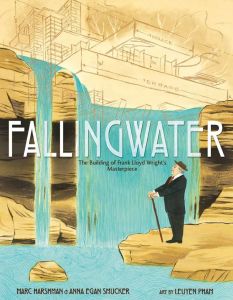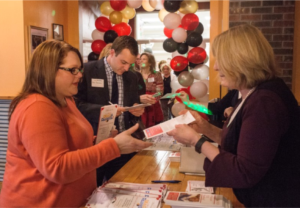The end of the school year is a bittersweet time for Read Aloud volunteers. Your dedication and commitment to read to a classroom of children every week has likely yielded dividends, from conversations with students who are excited about reading to big smiles and hugs in the classroom. You might even have received handmade cards from students saying how important you were to the class, recalling favorite stories, and asking you to continue reading next year.
Readers might be sad to say goodbye or ready for a well-deserved hiatus (or perhaps some combination of these). Meanwhile, Read Aloud West Virginia staff is already looking to and preparing for August. That’s why Read Aloud asks volunteer readers to accomplish one more task by completing an end-of-year reader survey.
These quick surveys ask about your experience as a Read Aloud volunteer and your plans for the following school year. When Read Aloud school coordinators return to school in the fall, the state Read Aloud office provides a report that helps coordinators place returning readers into classrooms as soon as possible, as well as identify how many new readers each school needs.
If Read Aloud West Virginia has a valid email address for you, the survey should have arrived in your inbox around the beginning of June. Paper copies will be mailed to those with no email address on record. If you were an active volunteer reader during the 2017-2018 school year and you do not receive a survey by email or mail, please contact Marsha Hoyer at (304) 345-5212 or email mhoyer@readaloudwestvirginia.org.
Thank you, readers, for the gift you have given to more than 33,000 children in West Virginia this school year!










